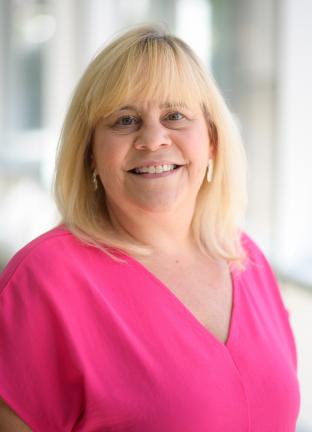What are the stipend and benefits?
All of our graduate students who are in good academic standing are supported financially throughout the duration of their graduate studies. Each student receives tuition, an annual stipend of $38,970 and health care benefits. After the PIBS year, students continue to receive the same level of funding and benefits. This support is drawn from a variety of sources, including:
- Department funds
- University of Michigan funds
- Training grants
- Research grants
- Individual fellowships
HEALTH BENEFITS: GRADCARE
One of the advantages of training in a world-class health system is that you have personal access to expert care when you need it. As a graduate student, you and your eligible dependents enjoy the same coverage available to our faculty and staff. For more information on how GradCare works, please visit https://hr.umich.edu/benefits-wellness/benefits-enrollment/benefits-enrollment-eligibility/benefits-eligibility
How long does it take to get my PhD?
The average time to PhD for graduate students in Molecular and Integrative Physiology is 5.5 years.
How do I find a place to live?
Graduate students generally live in apartments in the Ann Arbor area. Apartments within walking distance as well as a short bike, ride, or drive away are plentiful. University of Michigan family housing is also available. The University has a very helpful housing office to assist students in finding a place to live. The city of Ann Arbor also has information available. Our current graduate students are a great source of advice on the best places to live. More information can be found at Life in Ann Arbor.
Is public transportation available in Ann Arbor?
The University as well as the Ann Arbor Transportation Authority run extensive bus systems. Although many graduate students have their own cars, they are not necessary to get around the University of Michigan and Ann Arbor. Biking is very popular -- the City of Ann Arbor was recognized by the League of American Bicylists for its bicycle friendly policies. Most graduate students live within walking or biking distance of the University and shops and services and find that they don't need to have a car. More information about getting around campus and the City of Ann Arbor can be found at Life in Ann Arbor.
What is PIBS and how does it relate to the Department of Molecular and Integrative Physiology?
PIBS (Program in Biomedical Sciences) is a gateway program that organizes the admissions of graduate students for 14 different PhD training programs at the University of Michigan. Graduate students remain in PIBS their first year before joining Molecular and Integrative Physiology or another graduate program. During that first year, students can choose to focus their studies in a particular area, such as Molecular and Integrative Physiology, or they can explore a couple of different programs before making their choice.
What kinds of teaching opportunities are available?
The Department of Molecular and Integrative Physiology features an environment that supports the development of strong teachers. Graduate students are required to teach for one semester as part of a course on techniques of physiological instruction. Although further teaching is not required in the graduate curriculum, some students choose to enhance their teaching skills by lecturing in selected courses or tutoring. Graduate students have been very successful in winning teaching awards from the Medical School and the University.
How does the training grant differ from a graduate program?
The Department of Molecular and Integrative Physiology administers several NIH-funded training grants. The goals of these training grants are to train doctoral students in specific topical areas, regardless of departmental affiliation. Training grants may require participation in additional courses, seminars or workshops on top of departmental requirements, but are a great way to interact with students and faculty with similar interests. These seminars and workshops are typically open to all students.
Other questions? Contact us!

Daniel E. Michele, PhD

